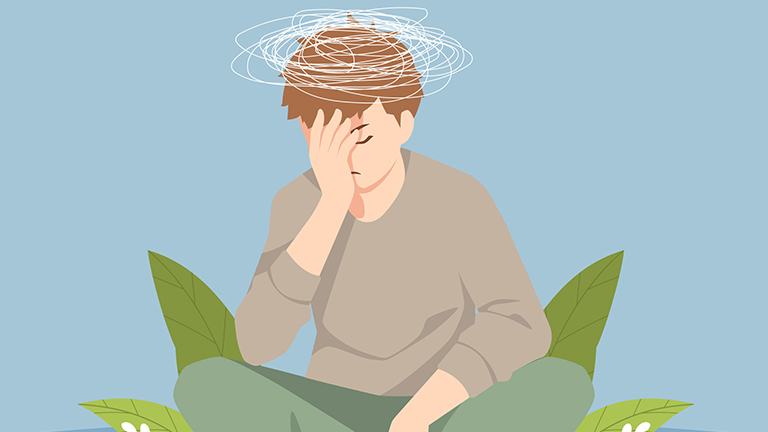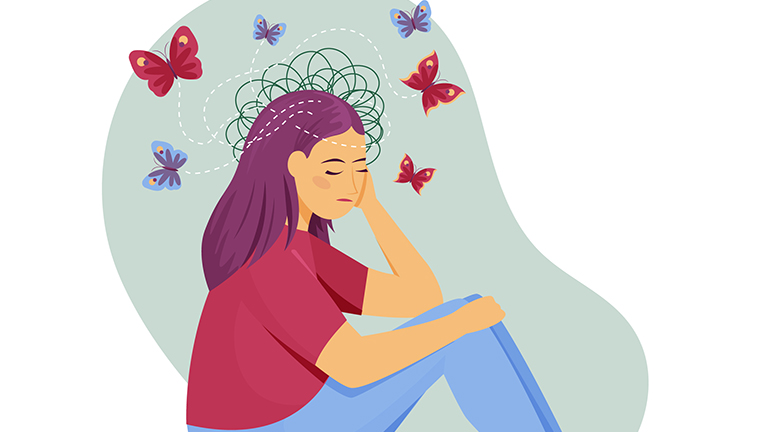Mental health awareness is more than just a trending phrase—it is a vital movement aimed at educating individuals about mental well-being, reducing the stigma associated with mental illness, and promoting accessible resources for those in need. In an era where stress, anxiety, and depression are increasingly common, understanding and advocating for psychological health has never been more important.
Whether in the workplace, schools, or personal relationships, mental health awareness empowers people to recognize symptoms, seek help, and support others.
1. Understanding Mental Health Awareness
Definition and Significance
Mental health awareness refers to the efforts made to improve public knowledge and understanding of mental well-being, emotional wellness, and psychological health. This includes recognizing the signs of mental illness, knowing available resources, and encouraging open dialogue without fear of judgment.
Why It Matters in Today’s Society
In countries like the USA, UK, and Canada, mental health challenges are on the rise due to factors such as work-related stress, social isolation, and economic uncertainty. Raising awareness ensures that individuals understand mental health is just as important as physical health—and that seeking help is a sign of strength, not weakness.
2. Common Mental Health Conditions
While there are many psychological disorders, some are more prevalent and better understood.
- Depression and Anxiety Disorders – Affect millions worldwide, often causing persistent sadness, hopelessness, worry, and difficulty functioning in daily life.
- Bipolar Disorder and Schizophrenia – These serious mental illnesses involve significant mood swings or distorted thinking, requiring long-term treatment.
- Post-Traumatic Stress Disorder (PTSD) and Obsessive-Compulsive Disorder (OCD) – Often misunderstood, these conditions can be debilitating but are manageable with therapy and medication.
3. The Impact of Mental Health Stigma
How Stigma Affects Individuals
Stigma leads to shame, social isolation, and reluctance to seek help. Many people fear discrimination in the workplace or community if they disclose their condition.
Ways to Combat Discrimination
- Promoting mental health education in schools and workplaces
- Sharing personal recovery stories in the media
- Encouraging open conversations without judgment
4. Signs and Symptoms of Mental Health Issues
Emotional, Physical, and Behavioral Indicators
- Emotional: Persistent sadness, irritability, extreme mood swings
- Physical: Changes in sleep or appetite, fatigue, unexplained aches
- Behavioral: Withdrawal from social activities, neglect of responsibilities, risky behavior
When to Seek Professional Help
If symptoms last more than two weeks, interfere with daily functioning, or cause distress, it’s important to consult a mental health professional.
5. Promoting Mental Health Awareness
Role of Education and Media
Educational programs in schools and social media campaigns can break myths and normalize seeking help. Media portrayal of mental illness should focus on accuracy and empathy.
Community Initiatives and Campaigns
Events like Mental Health Awareness Month (USA) and Mental Health Week (Canada and UK) bring people together for workshops, walks, and informational sessions.
6. Mental Health in Different Settings
Workplace Mental Health Strategies
- Providing Employee Assistance Programs (EAPs)
- Offering flexible work schedules
- Encouraging open communication and stress management workshops
Mental Health in Schools and Universities
Schools can integrate mental health education into the curriculum, train teachers to recognize warning signs, and provide access to counselors.
7. Resources and Support for Mental Health
- Helplines and Crisis Intervention
- USA: National Suicide Prevention Lifeline – 988
- UK: Samaritans – 116 123
- Canada: Talk Suicide Canada – 1-833-456-4566
- Therapy and Counseling Options
- Cognitive Behavioral Therapy (CBT)
- Group therapy
- Online counseling platforms for accessibility
8. Self-Care and Mental Well-being
Daily Habits for Better Mental Health
- Maintain a balanced diet
- Exercise regularly
- Ensure adequate sleep
- Limit alcohol and caffeine
Mindfulness and Stress Management Techniques
Practices such as meditation, deep breathing, and journaling can significantly reduce stress and promote emotional balance.
9. How to Support Someone with Mental Health Struggles
Active Listening and Empathy
Let them speak without interruption, show compassion, and avoid judgmental language.
Encouraging Professional Help
Suggest counseling or medical evaluation, and offer to accompany them if they feel anxious.
10. The Future of Mental Health Awareness
Advances in Mental Health Research
Neuroscience and AI-based diagnostics are improving early detection and personalized treatment.
Global Mental Health Initiatives
Organizations like the WHO and Mental Health America are working to expand access to care, train mental health professionals, and create culturally sensitive programs worldwide.
Final Thoughts
Mental health awareness is not a one-time campaign—it’s a continuous commitment to education, compassion, and advocacy. By breaking the stigma, promoting self-care, and supporting others, we can build healthier communities where emotional wellness is valued as much as physical health.
If you or someone you know is struggling, remember: help is available, recovery is possible, and no one has to face it alone.


